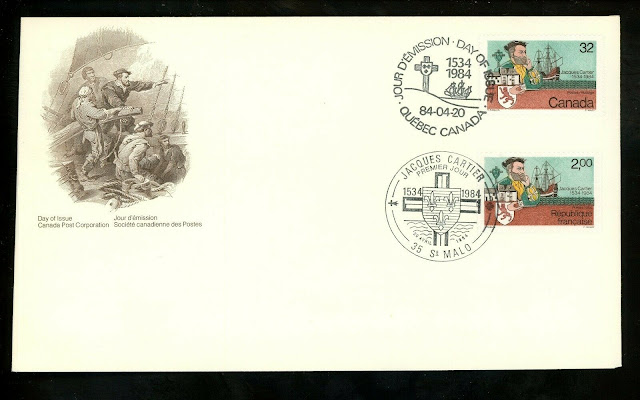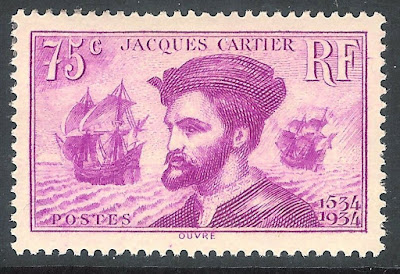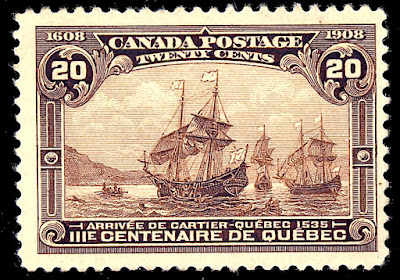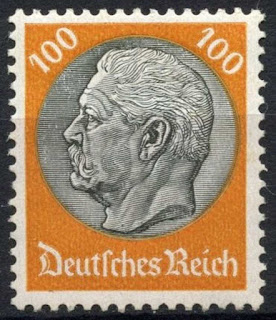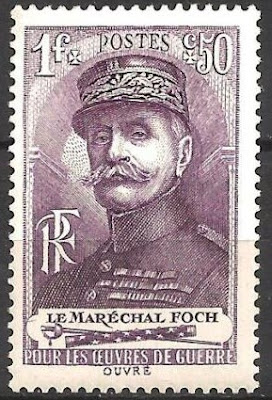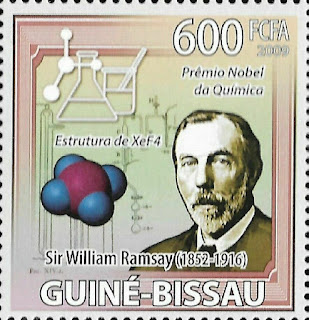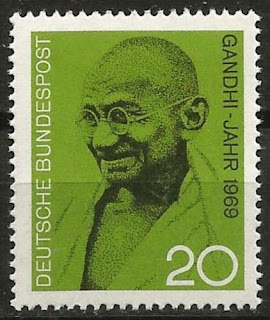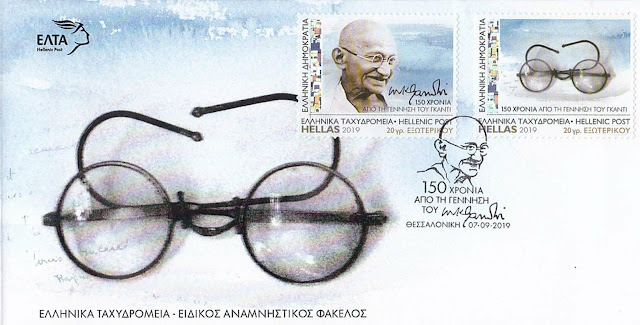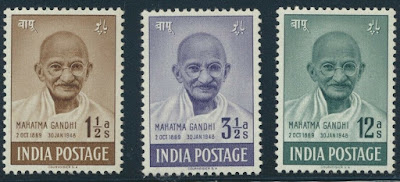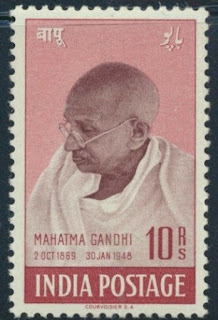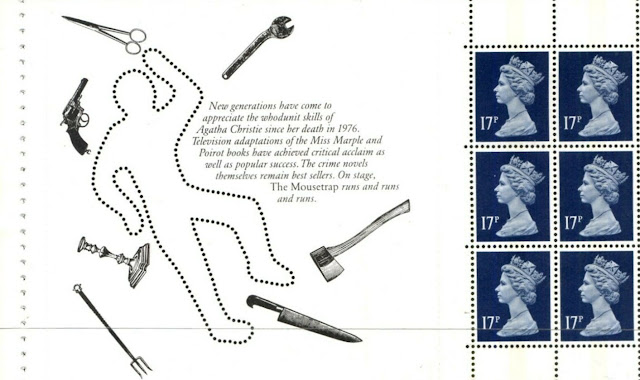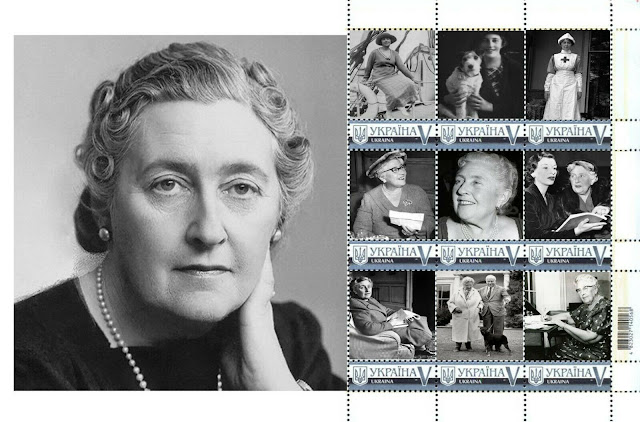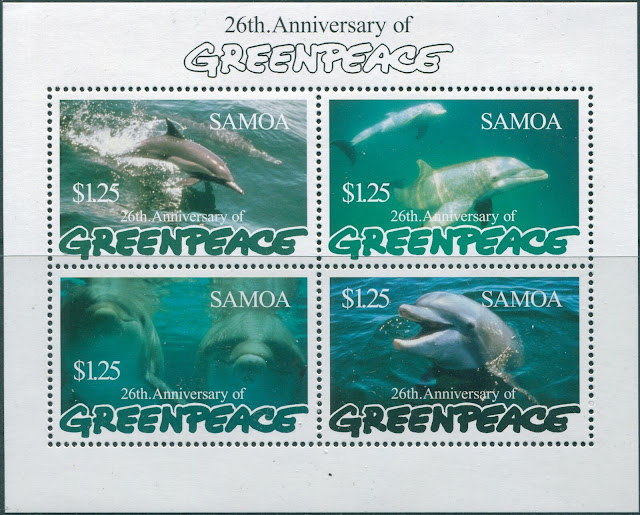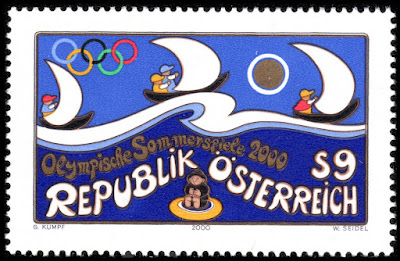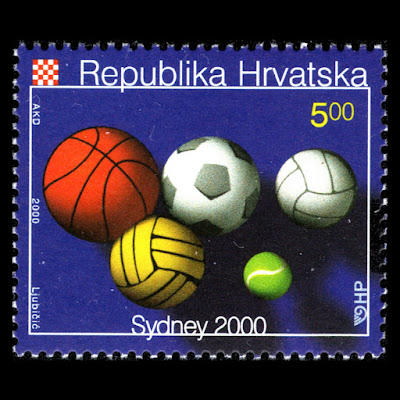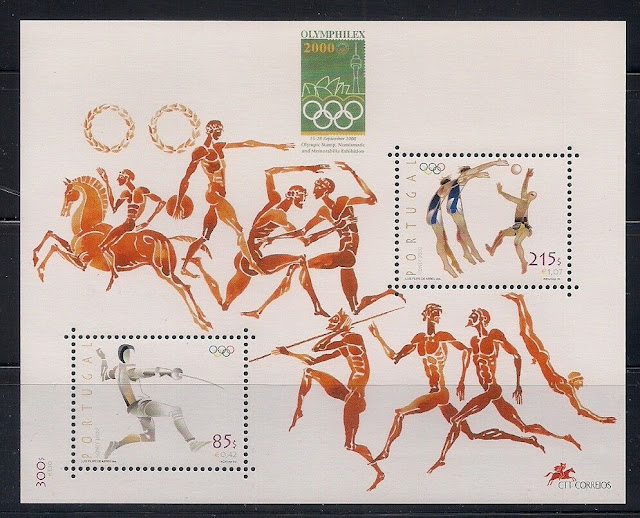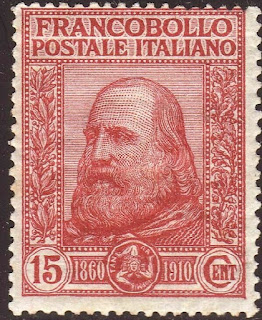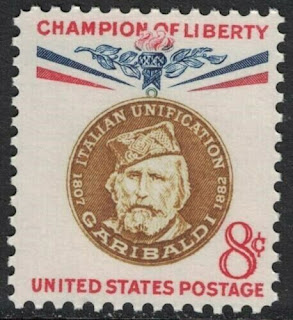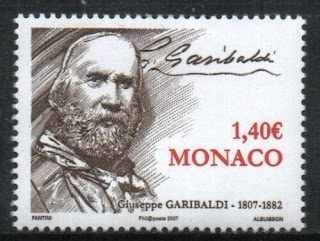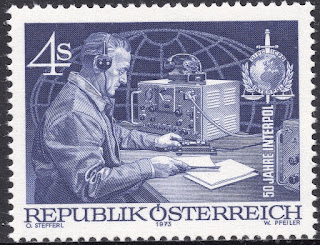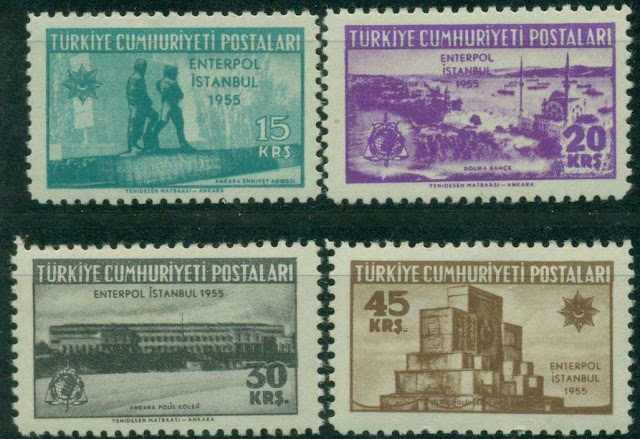Here are some events that happened on October 2nd. It could be an event or a person that died or was born on that day
1535 – Jacques Cartier discovers the present site of Montreal
Jacques Cartier (December 31, 1491 – September 1, 1557) was a Breton explorer who claimed what is now Canada for France. Jacques Cartier was the first European to describe and map the Gulf of Saint Lawrence and the shores of the Saint Lawrence River, which he named "The Country of Canadas", after the Iroquois names for the two big settlements he saw at Stadacona (Quebec City) and at Hochelaga (Montreal Island).
Some stamps and a First Day Cover from France and Canada depicting Jacques Cartier
1568 Born: Marino Ghetaldi, Ragusan mathematician and physicist (d. 1626)
Marino Ghetaldi (Latin: Marinus Ghetaldus; Croatian: Marin Getaldić; 2 October 1568 – 11 April 1626) was a Ragusan scientist. A mathematician and physicist who studied in Italy, England and Belgium, his best results are mainly in physics, especially optics, and mathematics. He was one of the few students of François Viète.
Born into the Ghetaldi noble family, he was one of six children. He was known for the application of algebra in geometry and his research in the field of geometrical optics on which he wrote 7 works including the Promotus Archimedus (1603) and the De resolutione et compositione mathematica (1630). He also produced a leaflet with the solutions of 42 geometrical problems, Variorum problematum colletio, in 1607 and set grounds of algebraization of geometry. His contributions to geometry had been cited by Dutch physicist Christiaan Huygens and Edmond Halley, who calculated the orbit of what is known as Halley's comet, in England.
Ghetaldi was the constructor of the parabolic mirror (66 cm in diameter), kept today at the National Maritime Museum in London. He was also a pioneer in making conic lenses. During his sojourn in Padua he met Galileo Galilei, with whom he corresponded regularly. He was a good friend to the French mathematician François Viète. He was offered the post of professor of mathematics in Old University of Leuven in Belgium, at the time one of the most prestigious university centers in Europe.
He was also engaged in politics and was the envoy of the Republic of Ragusa in Constantinople in 1606 as well as the member of the Great and Small Council, the political bodies of the Republic. He was married to Marija Sorkočević, who died giving birth to their third daughter; they had three daughters: Anica, Franica and Marija.
Croatian stamp depicting Marino Ghetaldi
1847 Born: Paul von Hindenburg, Polish-German field marshal and politician, 2nd President of Germany (d. 1934)
Paul Ludwig Hans Anton von Beneckendorff und von Hindenburg, known simply as Paul von Hindenburg (2 October 1847 – 2 August 1934), was a German general and statesman who commanded the Imperial German Army during World War I and later became President of Germany, serving from 1925 until his death in 1934, during the Weimar Republic. He played a key role in the Nazi Machtergreifung in January 1933 when, under pressure from advisers, he appointed Adolf Hitler chancellor of a "Government of National Concentration", even though the Nazis were a minority in both the cabinet and the Reichstag.
Born to a family of minor Prussian nobility, Hindenburg joined the Prussian army in 1866 where he thereafter saw combat during the Austro-Prussian War and the Franco-Prussian conflict. He retired with the rank of General of the Infantry in 1911, but was recalled to military service at the age of 66 following the outbreak of World War I in July 1914. On August 1914, he received nationwide attention as the victor of the Battle of Tannenberg. Upon later being named Chief of the General Staff in 1916, his popularity among the German public exponentially increased to the point of giving rise to an enormous personality cult. As Kaiser Wilhelm II increasingly delegated his power as Supreme Warlord to the Army High Command, Hindenburg and his deputy, General Erich Ludendorff, ultimately established a military dictatorship that controlled Germany for the rest of the war.
Hindenburg retired again in 1919, but returned to public life in 1925 to be elected the second President of Germany. In 1932, he was persuaded to run for re-election even though he was 84 years old and in poor health, because he was considered the only candidate who could defeat Hitler. Hindenburg was re-elected in a runoff. He was opposed to Hitler and was a major player in the increasing political instability in the Weimar Republic that ended with Hitler's rise to power. He dissolved the Reichstag twice in 1932 and finally agreed to appoint Hitler Chancellor of Germany in January 1933. Hindenburg did this to satisfy Hitler's demands that he should play a part in the Weimar government, for Hitler was the leader of the Nazi party, which had won a plurality in the November 1932 elections (no party achieved a majority). In February he approved the Reichstag Fire Decree, which suspended various civil liberties, and in March he signed the Enabling Act of 1933, which gave Hitler's regime arbitrary powers. Hindenburg died the following year, after which Hitler declared himself Führer und Reichskanzler, or Supreme Leader and Chancellor, which superseded both the President and Chancellor.
Mourning issue.. See also Mourning stamps with black perforation
Marino Ghetaldi (Latin: Marinus Ghetaldus; Croatian: Marin Getaldić; 2 October 1568 – 11 April 1626) was a Ragusan scientist. A mathematician and physicist who studied in Italy, England and Belgium, his best results are mainly in physics, especially optics, and mathematics. He was one of the few students of François Viète.
Born into the Ghetaldi noble family, he was one of six children. He was known for the application of algebra in geometry and his research in the field of geometrical optics on which he wrote 7 works including the Promotus Archimedus (1603) and the De resolutione et compositione mathematica (1630). He also produced a leaflet with the solutions of 42 geometrical problems, Variorum problematum colletio, in 1607 and set grounds of algebraization of geometry. His contributions to geometry had been cited by Dutch physicist Christiaan Huygens and Edmond Halley, who calculated the orbit of what is known as Halley's comet, in England.
Ghetaldi was the constructor of the parabolic mirror (66 cm in diameter), kept today at the National Maritime Museum in London. He was also a pioneer in making conic lenses. During his sojourn in Padua he met Galileo Galilei, with whom he corresponded regularly. He was a good friend to the French mathematician François Viète. He was offered the post of professor of mathematics in Old University of Leuven in Belgium, at the time one of the most prestigious university centers in Europe.
He was also engaged in politics and was the envoy of the Republic of Ragusa in Constantinople in 1606 as well as the member of the Great and Small Council, the political bodies of the Republic. He was married to Marija Sorkočević, who died giving birth to their third daughter; they had three daughters: Anica, Franica and Marija.
Croatian stamp depicting Marino Ghetaldi
1847 Born: Paul von Hindenburg, Polish-German field marshal and politician, 2nd President of Germany (d. 1934)
Paul Ludwig Hans Anton von Beneckendorff und von Hindenburg, known simply as Paul von Hindenburg (2 October 1847 – 2 August 1934), was a German general and statesman who commanded the Imperial German Army during World War I and later became President of Germany, serving from 1925 until his death in 1934, during the Weimar Republic. He played a key role in the Nazi Machtergreifung in January 1933 when, under pressure from advisers, he appointed Adolf Hitler chancellor of a "Government of National Concentration", even though the Nazis were a minority in both the cabinet and the Reichstag.
Born to a family of minor Prussian nobility, Hindenburg joined the Prussian army in 1866 where he thereafter saw combat during the Austro-Prussian War and the Franco-Prussian conflict. He retired with the rank of General of the Infantry in 1911, but was recalled to military service at the age of 66 following the outbreak of World War I in July 1914. On August 1914, he received nationwide attention as the victor of the Battle of Tannenberg. Upon later being named Chief of the General Staff in 1916, his popularity among the German public exponentially increased to the point of giving rise to an enormous personality cult. As Kaiser Wilhelm II increasingly delegated his power as Supreme Warlord to the Army High Command, Hindenburg and his deputy, General Erich Ludendorff, ultimately established a military dictatorship that controlled Germany for the rest of the war.
Hindenburg retired again in 1919, but returned to public life in 1925 to be elected the second President of Germany. In 1932, he was persuaded to run for re-election even though he was 84 years old and in poor health, because he was considered the only candidate who could defeat Hitler. Hindenburg was re-elected in a runoff. He was opposed to Hitler and was a major player in the increasing political instability in the Weimar Republic that ended with Hitler's rise to power. He dissolved the Reichstag twice in 1932 and finally agreed to appoint Hitler Chancellor of Germany in January 1933. Hindenburg did this to satisfy Hitler's demands that he should play a part in the Weimar government, for Hitler was the leader of the Nazi party, which had won a plurality in the November 1932 elections (no party achieved a majority). In February he approved the Reichstag Fire Decree, which suspended various civil liberties, and in March he signed the Enabling Act of 1933, which gave Hitler's regime arbitrary powers. Hindenburg died the following year, after which Hitler declared himself Führer und Reichskanzler, or Supreme Leader and Chancellor, which superseded both the President and Chancellor.
Mourning issue.. See also Mourning stamps with black perforation
100 pfenning stamp and with overprints used in Luxembourg and Lorraine
1851 Born: Ferdinand Foch, French field marshal and theorist (d. 1929)
Ferdinand Foch (2 October 1851 – 20 March 1929) was a French general and military theorist who served as the Supreme Allied Commander during the First World War. An aggressive, even reckless commander at the First Marne, Flanders, and Artois campaigns of 1914–1916, Foch became the Allied Commander-in-Chief in late March 1918 in the face of the all-out German spring offensive, which pushed the Allies back using fresh soldiers and new tactics that trenches could not contain. He successfully coordinated the French, British and American efforts into a coherent whole, deftly handling his strategic reserves. He stopped the German offensive and launched a war-winning counterattack. In November 1918, Marshal Foch accepted the German cessation of hostilities and was present at the armistice of 11 November.
Stamp issued in France for the war fund commemorating Ferdinand Foch
1852 Born: William Ramsay, Scottish-English chemist and academic, Nobel Prize laureate (d. 1916)
Sir William Ramsay (2 October 1852 – 23 July 1916) was a Scottish chemist who discovered the noble gases and received the Nobel Prize in Chemistry in 1904 "in recognition of his services in the discovery of the inert gaseous elements in air" along with his collaborator, John William Strutt, 3rd Baron Rayleigh, who received the Nobel Prize in Physics that same year for their discovery of argon. After the two men identified argon, Ramsay investigated other atmospheric gases. His work in isolating argon, helium, neon, krypton and xenon led to the development of a new section of the periodic table.
Stamp issued by Guinea Bissau depicting William Ramsay
1869 Born: Mahatma Gandhi, Indian freedom fighter, activist and philosopher (d. 1948)
Mohandas Karamchand Gandhi (2 October 1869 – 30 January 1948) was an Indian lawyer, anti-colonial nationalist, and political ethicist, who employed nonviolent resistance to lead the successful campaign for India's independence from British Rule, and in turn inspire movements for civil rights and freedom across the world. The honorific Mahātmā (Sanskrit: "great-souled", "venerable"), first applied to him in 1914 in South Africa, is now used throughout the world.
Born and raised in a Hindu family in coastal Gujarat, western India, Gandhi was trained in law at the Inner Temple, London, and called to the bar at age 22 in June 1891. After two uncertain years in India, where he was unable to start a successful law practice, he moved to South Africa in 1893 to represent an Indian merchant in a lawsuit. He went on to stay for 21 years. It was in South Africa that Gandhi raised a family, and first employed nonviolent resistance in a campaign for civil rights. In 1915, aged 45, he returned to India. He set about organizing peasants, farmers, and urban laborers to protest against excessive land-tax and discrimination. Assuming leadership of the Indian National Congress in 1921, Gandhi led nationwide campaigns for easing poverty, expanding women's rights, building religious and ethnic amity, ending untouchability, and above all for achieving Swaraj or self-rule.
The same year Gandhi adopted the Indian loincloth, or short dhoti and, in the winter, a shawl, both woven with yarn hand-spun on a traditional Indian spinning wheel, or charkha, as a mark of identification with India's rural poor. Thereafter, he lived modestly in a self-sufficient residential community, ate simple vegetarian food, and undertook long fasts as a means of self-purification and political protest. Bringing anti-colonial nationalism to the common Indians, Gandhi led them in challenging the British-imposed salt tax with the 400 km (250 mi) Dandi Salt March in 1930, and later in calling for the British to Quit India in 1942. He was imprisoned for many years, upon many occasions, in both South Africa and India.
Gandhi's vision of an independent India based on religious pluralism was challenged in the early 1940s by a new Muslim nationalism which was demanding a separate Muslim homeland carved out of India. In August 1947, Britain granted independence, but the British Indian Empire was partitioned into two dominions, a Hindu-majority India and Muslim-majority Pakistan. As many displaced Hindus, Muslims, and Sikhs made their way to their new lands, religious violence broke out, especially in the Punjab and Bengal. Eschewing the official celebration of independence in Delhi, Gandhi visited the affected areas, attempting to provide solace. In the months following, he undertook several fasts unto death to stop religious violence. The last of these, undertaken on 12 January 1948 when he was 78, also had the indirect goal of pressuring India to pay out some cash assets owed to Pakistan. Some Indians thought Gandhi was too accommodating. Among them was Nathuram Godse, a Hindu nationalist, who assassinated Gandhi on 30 January 1948 by firing three bullets into his chest
Stamps from various countries depicting Gandhi
Born and raised in a Hindu family in coastal Gujarat, western India, Gandhi was trained in law at the Inner Temple, London, and called to the bar at age 22 in June 1891. After two uncertain years in India, where he was unable to start a successful law practice, he moved to South Africa in 1893 to represent an Indian merchant in a lawsuit. He went on to stay for 21 years. It was in South Africa that Gandhi raised a family, and first employed nonviolent resistance in a campaign for civil rights. In 1915, aged 45, he returned to India. He set about organizing peasants, farmers, and urban laborers to protest against excessive land-tax and discrimination. Assuming leadership of the Indian National Congress in 1921, Gandhi led nationwide campaigns for easing poverty, expanding women's rights, building religious and ethnic amity, ending untouchability, and above all for achieving Swaraj or self-rule.
The same year Gandhi adopted the Indian loincloth, or short dhoti and, in the winter, a shawl, both woven with yarn hand-spun on a traditional Indian spinning wheel, or charkha, as a mark of identification with India's rural poor. Thereafter, he lived modestly in a self-sufficient residential community, ate simple vegetarian food, and undertook long fasts as a means of self-purification and political protest. Bringing anti-colonial nationalism to the common Indians, Gandhi led them in challenging the British-imposed salt tax with the 400 km (250 mi) Dandi Salt March in 1930, and later in calling for the British to Quit India in 1942. He was imprisoned for many years, upon many occasions, in both South Africa and India.
Gandhi's vision of an independent India based on religious pluralism was challenged in the early 1940s by a new Muslim nationalism which was demanding a separate Muslim homeland carved out of India. In August 1947, Britain granted independence, but the British Indian Empire was partitioned into two dominions, a Hindu-majority India and Muslim-majority Pakistan. As many displaced Hindus, Muslims, and Sikhs made their way to their new lands, religious violence broke out, especially in the Punjab and Bengal. Eschewing the official celebration of independence in Delhi, Gandhi visited the affected areas, attempting to provide solace. In the months following, he undertook several fasts unto death to stop religious violence. The last of these, undertaken on 12 January 1948 when he was 78, also had the indirect goal of pressuring India to pay out some cash assets owed to Pakistan. Some Indians thought Gandhi was too accommodating. Among them was Nathuram Godse, a Hindu nationalist, who assassinated Gandhi on 30 January 1948 by firing three bullets into his chest
Stamps from various countries depicting Gandhi
1927 Died: Svante Arrhenius, Swedish physicist and chemist, Nobel Prize laureate (b. 1859)
Svante August Arrhenius (19 February 1859 – 2 October 1927) was a Swedish scientist. Originally a physicist, but often referred to as a chemist, Arrhenius was one of the founders of the science of physical chemistry. He received the Nobel Prize for Chemistry in 1903, becoming the first Swedish Nobel laureate. In 1905, he became director of the Nobel Institute, where he remained until his death.
Arrhenius was the first to use principles of physical chemistry to estimate the extent to which increases in atmospheric carbon dioxide are responsible for the Earth's increasing surface temperature. In the 1960s, Charles David Keeling demonstrated that the quantity of human-caused carbon dioxide emissions into the air is enough to cause global warming.
The Arrhenius equation, Arrhenius acid, Arrhenius base, lunar crater Arrhenius, Martian crater Arrhenius, the mountain of Arrheniusfjellet, and the Arrhenius Labs at Stockholm University were so named to commemorate his contributions to science.
Swedish stamps depicting Svante Arrhenius
